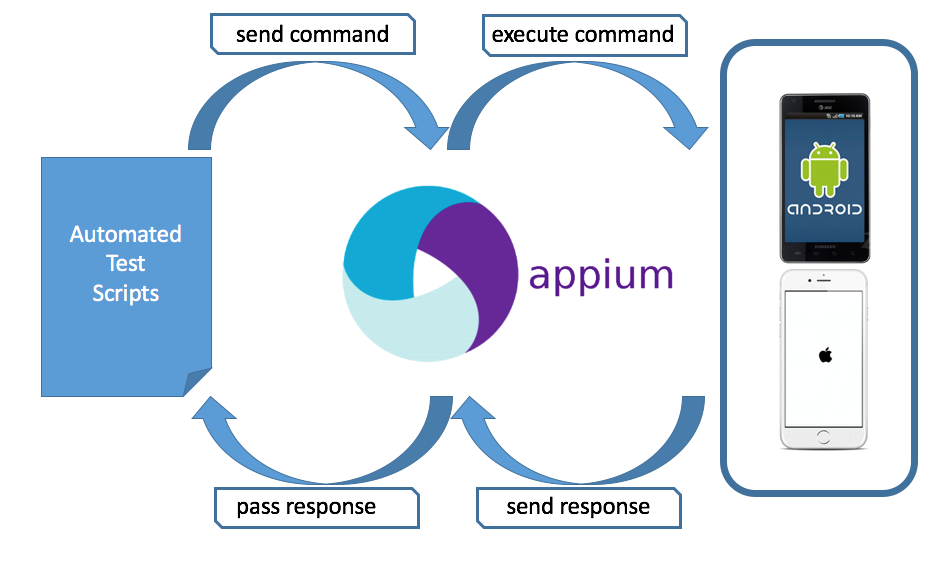The Modern DevOps process is incomplete without Kubernetes. Kubernetes is the top most pereference for load balancing, configuration management, containerization, and deployment automation. In this article, we will explain Kubernetes and its benefits.
Word “Kubernetes” originates from Greek and the meaning of this word is “helmsman or pilot”. It is also know by K8 (8 represents the number of characters between “K” and “s”). In 2014,Google Cloud team has launched Kubernetes as Open source technoloies.
Kubernetes is the open source, portable and extensible platform which is used for managing containerized workloads, services that helps in configuration and automation. Kubernetes services support and tools are easily available.
What problem does Kubernetes Solve:
In old days, Applications runs on a physical server where no defined resource was allocated for each application because of this some applications take a lot of resources(CPU consumption, memory utilization and IO etc) so some applications didn’t get enough resources to perform well and this create a huge problem for organizations.

To solve the above problem, organization starts using containers (which are very similar to VMs) which have isolation and defined resources for each containers. Similar to VMs each container have own filesystem, CPU, memory, process space and more. So containers solved the above problem but the managing containers are not easy then K8 comes into picture.
Benefits of Kubernetes:
Kubernetes is the top most pereference to manage Containers and ensure that your applications don’t have downtime. It helps in scaling(load balancing), deployment and storage orchestration. Some key benefits of Kubernetes are below:
- Load Balancing: Kubernetes allow each containers to connect using DNS name or own IP address. If traffic to a containers is high then Kubernetes is able to load balance and distribute load so that application is stable.
- Storage Orchestration: Kubernetes automatically upgrafe storage of your containers as per your need.
- Feature of Self Healing: Kubernetes restart the containers if fails, kills the container which doesn’t respond and replaces the containers with correct containers.
- Open Source: One of the biggest advantages of Kubernetes are open source so no cost to pay for this tool. It’s free and well supported communities.
- Encrypted Configuration Management: Kubernetes allows you to store application configuration in encrypted format. We can update configurations like hosts, port, users, passwords in encrypted format and also easy to update any instant of time.
- Automated Deployment: As per your need Kubernetes deploy your containers, remove the existing containers and add new containers. Automated Deployment features makes Kubernetes popular in DevOps World.
Hope above article helps you to understand what is Kubernetes and what are the benefits. Our team committed to bring more articles on Kubernetes.
To learn more about open source technologies, explore our blogs and you may also contact us for customized training by experts.
Reference – Click for reference




